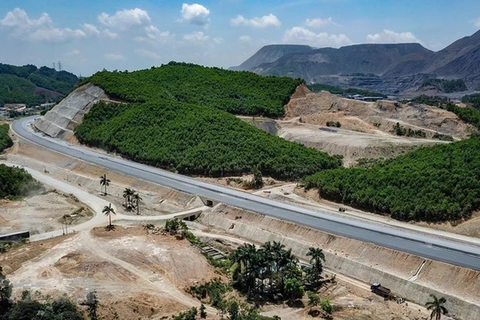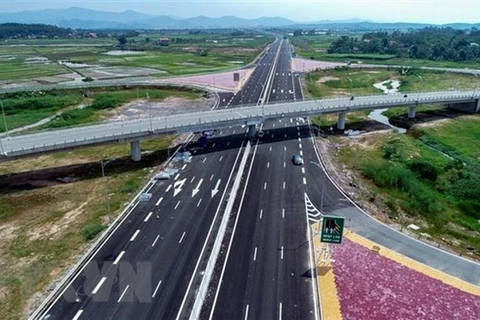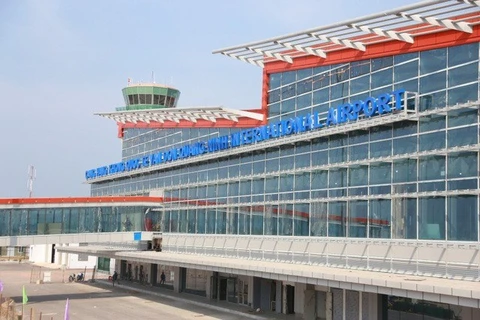Quang Ninh (VNA) – The northeastern province of Quang Ninh is determined to build a digital administration, the next step of e-administration.
This is considered an inevitable trend in the context of extensive international integration and the boom of the fourth Industrial Revolution (Industry 4.0) as well as local development.
Based on “smart city” foundation
Following the success in building the e-administration and reforming administrative procedures in the 2012 – 2018 period, Quang Ninh province has built a digital administration based on the implementation of a project building smart cities in the 2019 – 2025 period.
Quang Ninh province’s smart cities will take people and tourists as the centre. They will be encouraged to help develop tourism services.
The local authorities will work to improve management capacity as well as the quality and efficiency of socio-economic activities, creating an attractive investment environment and promoting inclusive development.
The province will continue refining legal regulations to facilitate the implementation and development of e-administration, digital ministration and smart cities.
The smart city project will be carried out in Cam Pha, Uong Bi and Mong Cai cities.
Looking towards knowledge-based economy
Quang Ninh was the first province in Vietnam to implement e-document exchange at the central, provincial, district and communal levels.
So far, the provincial e-administration system has made e-document exchanges with 33 ministries and departments along with 62 cities and provinces across the country.
The province is building information systems and database for specialised fields such as business, land, health management, management of civil status, transport infrastructure, tourism, environment, entrance and exit management and management of database on children, among others.
Looking to become an information knowledge-based economic centre in the northern region, Quang Ninh province is establishing a concentrated information technology park at Tuan Chau ward, Ha Long city, on nearly 8.46 hectares.
The detailed planning scheme of the project has been approved and the selection of the investor is underway.
The project will focus on research and development, training, producing and trading IT products and services, in addition to providing infrastructure and services for organisations and businesses in the field.
The establishment of the IT park is crucial for Quang Ninh province to develop creative smart services.
Ha Long city aims to become smart tourism city
Ha Long city – which is home to the world natural heritage site of Ha Long Bay is angling to become a smart tourism city.
The city plans to apply technologies in various sectors including health, education, governance, transport, finance-banking and taxation with an aim to provide convenient services to people and businesses.
Authorities plan to accelerate the smart city development process and make the city a modern metropolis by 2020.
Five smart-city projects have investment for the 2017-20 period, including plans to upgrade lighting system, set up online tax collection system and technology application in urban management and improve tourism safety on Ha Long Bay.
According to the local authority, nearly 3,500 Light Emitting Diode (LED) lamps have been installed on 18 key roads of the city.
A public lighting controlling centre has been built to supervise the operation of the city’s lighting system.
The LED lamps help save electricity and more will be installed in the areas far from the city centre.
To develop a smart city, local agencies have piloted smart tax collection system at 34 enterprises to avoid tax losses.
The municipal Taxation Department has applied technology in managing electronic bills of businesses, households and individuals.
A total 986 out of 3,607 local enterprises have used electronic bills. More than 3,000 units pay tax online.
Electronic bills will be applied at 60 percent of local businesses this year and all in 2020.-VNA
























